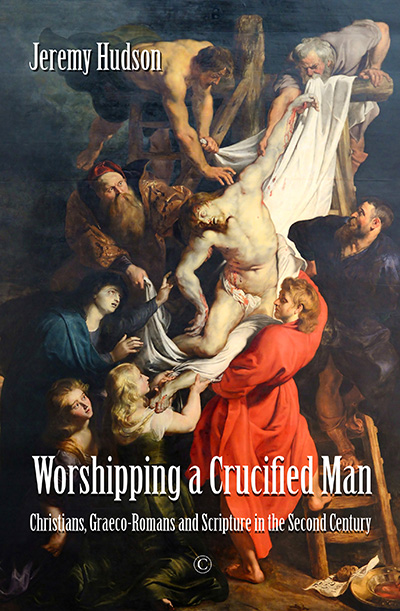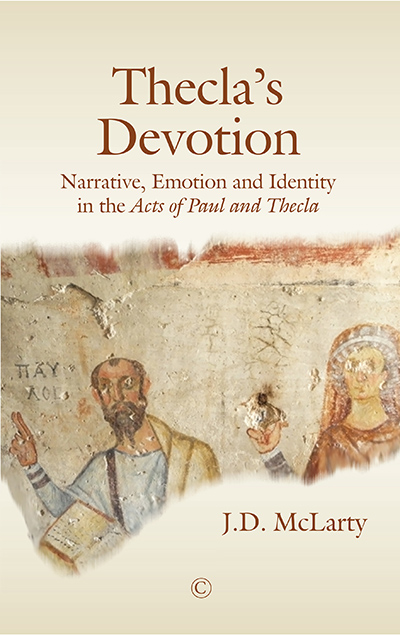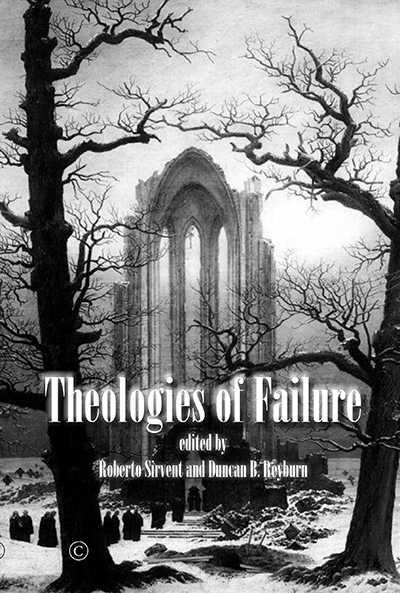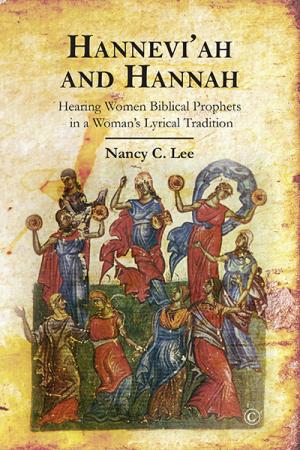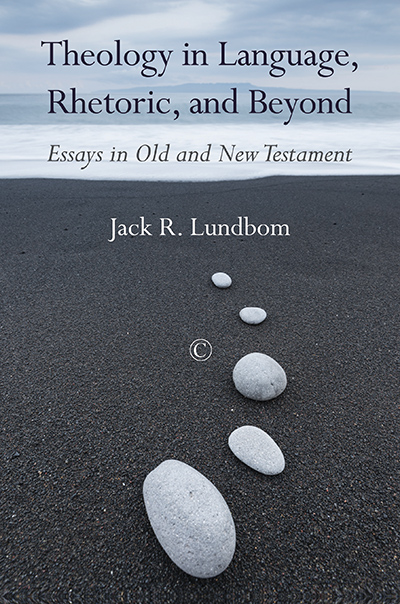Description
By the mid-second century Christian writers were engaging in debates with educated audiences from non-Jewish Graeco-Roman cultural backgrounds. A remarkable feature of some of the texts from this period is how extensively they refer to the Jewish scriptures, even though those scriptures were unfamiliar to non-Jewish Graeco-Romans. In Worshipping a Crucified Man, Jeremy Hudson explores for the first time why this should have been so by examining three works by Christian converts originally educated in Graeco-Roman traditions: Justin Martyr’s First Apology, Tatian’s Oratio and Theophilus of Antioch’s Ad Autolycum. Hudson considers their literary strategies, their use of quotations and allusions and how they present the Jewish scriptures; all against the background of the Graeco-Roman literary culture familiar to both authors and audiences. The scriptures are presented as a critically defining feature of Christianity, instrumental in shaping the way the new religion presented itself, as it strove to engage with, and challenge, the cultural traditions of the Graeco-Roman world.
About the Author
Dr Jeremy Hudson studied History at Christ’s College, Cambridge. After working for some years in personnel and finance he took an MA (with Distinction) in Biblical Studies at King’s College, London and then a PhD at Wolfson College, Cambridge.
Contents
Acknowledgements
Preface
Abbreviations
1. Introduction
2. The ‘Proof from Prophecy’ in Justin Martyr’s First Apology
3. Tatian’s Oratio and the ‘Barbarian Writings’
4. The Ad Autolycum of Theophilus of Antioch: History and Commentary
5. Conclusion
Bibliography
Index
Endorsements and Reviews
It may seem irrational that, in their arguments for the superiority of their religion, Christian intellectuals would appeal to the writings of the oft-despised Jews rather than the agreed canonical authorities of the Greek philosophical tradition. Jeremy Hudson’s innovative and careful analysis of three such intellectuals and of their different strategies and reading methods offers important new insights into a significant moment in the development of early Christian thought and of the uses of Scripture – essential reading for all students of early Christianity.
Judith M. Lieu, Lady Margaret’s Professor Emerita, University of Cambridge
In this innovative book, Jeremy Hudson shows how some Christian apologists used the Jewish scriptures in such a way as to accommodate their ostensibly pagan audience, as well as presenting them as a rival body of texts, thought worthy of displacing pagan literary culture. The case is presented clearly, but in a nuanced manner, reflecting current scholarship on such subjects as biblical hermeneutics and ancient Christian identity.
Dr James Carleton Paget, Reader in Early Christianity and Ancient Judaism, University of Cambridge
Jeremy Hudson’s carefully crafted, highly detailed and well written study forces us to look anew at the texts and ideas of early Christian Apologists, with which we may have become all too familiar. He forcefully demonstrates that Christianity confronted Graeco-Roman society with a belief that seemed to lack any reason or sensibility. Once explained against the background of the tradition from which it emerged, however, it assumed a power that totally transformed that society.
Josef Lössl, Professor of Religious Studies and Theology, Cardiff University
Jeremy Hudson describes his quietly original book as a study of how three second-century Christian apologists used the Jewish scriptures to argue for the superiority of Christianity to an implied audience of non-Jewish, non-Christian educated Graeco-Romans. It certainly is that, but at least this reader also found it an intriguing case study in the slippery and ill-defined category of “scriptures” among early Christ believers. Hudson shows that the nature, contents, and function of the Jewish scriptures differed among these Christian intellectuals, and he thereby undermines what we might think we know.
David Brakke, in The Journal of Religion, Vol 102, No 4, October 2022
The success of this study is captured in how salient that conclusion seems despite how inevitable this relationship feels to most readings of early Christianity. When I tell friends and colleagues about the important contributions in this book, I will talk about it as an addition to evolving scholarly conversations that see Jewish and Christian intellectual culture as a part of the larger context of culturally rich and strategically creative communities that sought to claim space and influence in the Roman Empire. Allan Georgia, in Church History, vol. 91.4 Dec 2022
The introduction covers several topics important for the argument of the book. Having briefly set the background of second-century Christian apologetics mentioning the spread of Christianity and the earliest Christian text production, Hudson discusses various definitions of the Greek apologists and of apologetic writings and their audiences. Anders-Christian Jacobsen Aarhus University, RBL December, 2023 by the Society of Biblical Literature
One hopes this book will also encourage readers to dive (again) into the everfresh writings of the Apologists themselves, and more importantly to take on board Tatian’s remark (Or. 12.4) that ‘great lovers of God’ are formed by studying the scriptures themselves. Matthew Jarvis, OP, In New Blackfrairs, Volume 103, Issue 1107, September, 2022

